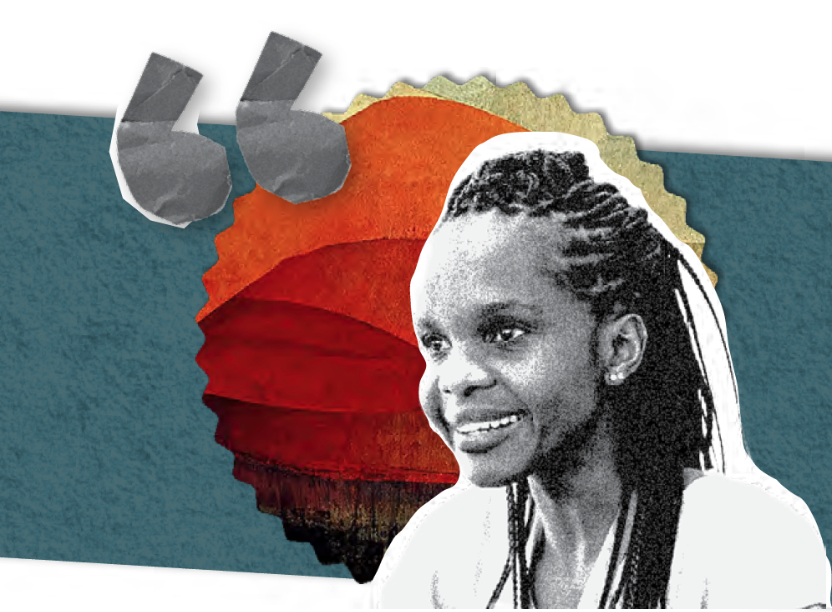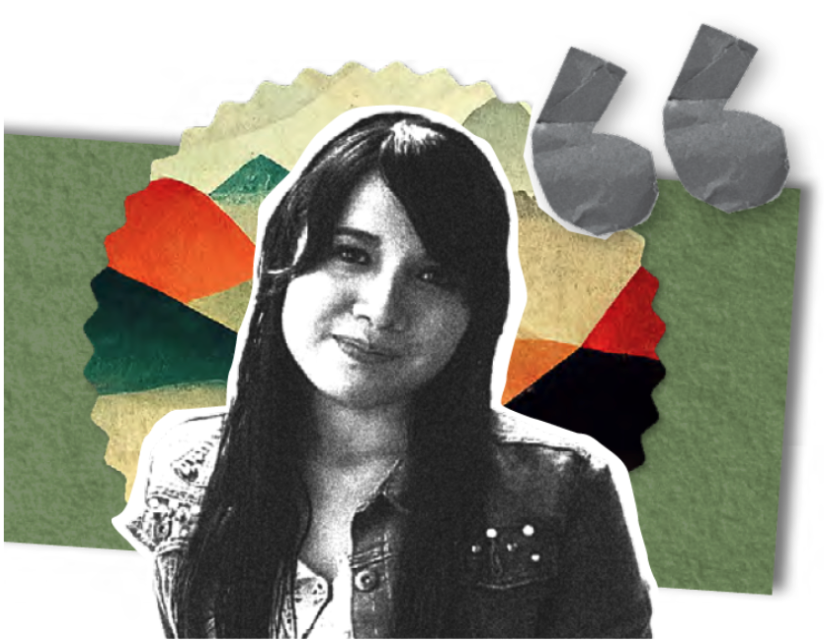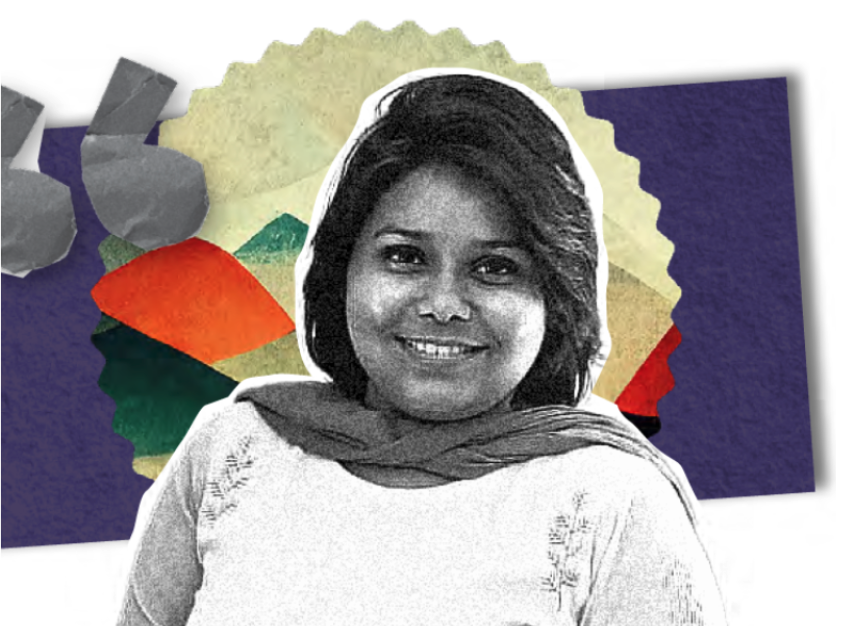News
“Innovators, entrepreneurs and catalysts for transformation”: Three youth leaders on climate make the case for sexual and reproductive rights
- 23 September 2024
News
UNITED NATIONS, New York – The Summit of the Future has begun: World leaders are converging on New York City at UN Headquarters to forge a new international consensus on how to respond to the global climate crisis.
Among the participants will be dozens of youth activists representing the interests of their generation, which – despite doing little to cause climate change – will be most vulnerable to its consequences.
As global temperatures have risen, so have young people’s concerns about the future. Surveys show three quarters of youths worldwide fear the impact climate change will have on their lives and livelihoods.
But youth leaders are combating this anxiety with action, especially by advocating for sexual and reproductive health and rights to stay front and centre in climate change mitigation and response efforts. Research makes plain that sexual and reproductive health care and rights are essential for enabling women and girls to cope with climate disasters. Failure to prioritize sexual and reproductive health and rights – including protection from gender-based violence – is projected to have catastrophic impacts on the most vulnerable women and girls.
UNFPA, the United Nations sexual and reproductive health agency, spoke to youth activists to spotlight their priorities for global action on the climate crisis.

Imali Ngusale has seen first-hand how the climate crisis directly impacts women and girls in her home country: “The floods in Kenya affected access to contraceptives among young women and girls in their reproductive age, which could lead to unintended pregnancies”.
Those experiences are supported by a wealth of research: Climate change is known to be a risk multiplier for women and girls. “Climate change has disrupted our agricultural systems and this has led to food scarcity in Kenya and other countries in Africa,” Ms. Ngusale added. “Food scarcity has a ripple effect, because it impacts maternal health and increases the risk of adverse pregnancy outcomes.”
To find lasting solutions, Ms. Ngusale is calling for world leaders to engage with her generation.
“Tackling the complexities of the climate crisis requires out-of-the-box-thinking and a novel approach, and youth are wired for this because of their adaptability to a diverse range of ideas,” she told UNFPA.
This year, with the support of UNFPA and other youth activists in Africa, Ms. Ngusale co-founded the African Center For Health, Climate and Gender Justice Alliance (ACHCGA), an organization which seeks to increase youth engagement in climate action.

When Hurricane Otis hit the Mexican state of Guerrero last year, Isabel Adriana Garcia Gómez remembers worrying about how the disaster would affect women and girls in the area. “In emergency contexts, it is highly likely that cases of violence and abuse will increase,” she said. “In addition, [people] have to face a lack of menstrual hygiene products, access to emergency contraceptives and antiretrovirals.”
Ms. Gómez has been campaigning for climate justice from a very young age. “My life story unfolds in a context of concern and action in the face of the climate crisis, of defending our home, our present and the future of those we do not yet know,” she told UNFPA.
She has been involved in a UNFPA youth advisory group, through which she supported a project called “Voices of Youth: Impacts of climate change on sexual and reproductive health rights”, which brought together experiences of 800 young people from 99 countries. It was presented to global leaders at the 27th Conference of the Parties (COP27) in 2022, and confirmed Ms. Gómez’s belief that young people’s perspectives on climate activism must be prioritized.
“Understanding ourselves as agents of change and participants in the construction of our own country allows us to contribute to innovation, creativity and resilience within and outside our communities and local contexts,” she told UNFPA.

Tasnia Ahmed is from Bangladesh, a country particularly vulnerable to the effects of climate change. Her journey as an activist began in university, where she “focused on child education, especially for children who migrated from the southern part of the country, which is recognized as a coastal and climate-prone area”.
Through that work, she realized climate change undermined access to sexual and reproductive health services, especially for young people forced to move to slums and work in street businesses to survive. “In climate-affected areas, adolescents do not have access to sanitary pads or even clean clothes during menstruation,” she told UNFPA.
Those most directly impacted must be engaged in solutions, she said. “Young people are important allies in the fight against climate change. They are innovators, entrepreneurs, and catalysts for transformation.”
Their ideas represent not only opportunities to improve environmental conditions, but also for development and progress, she added: “Investment in climate and sexual and reproductive health and rights can be the source of empowerment for women”.